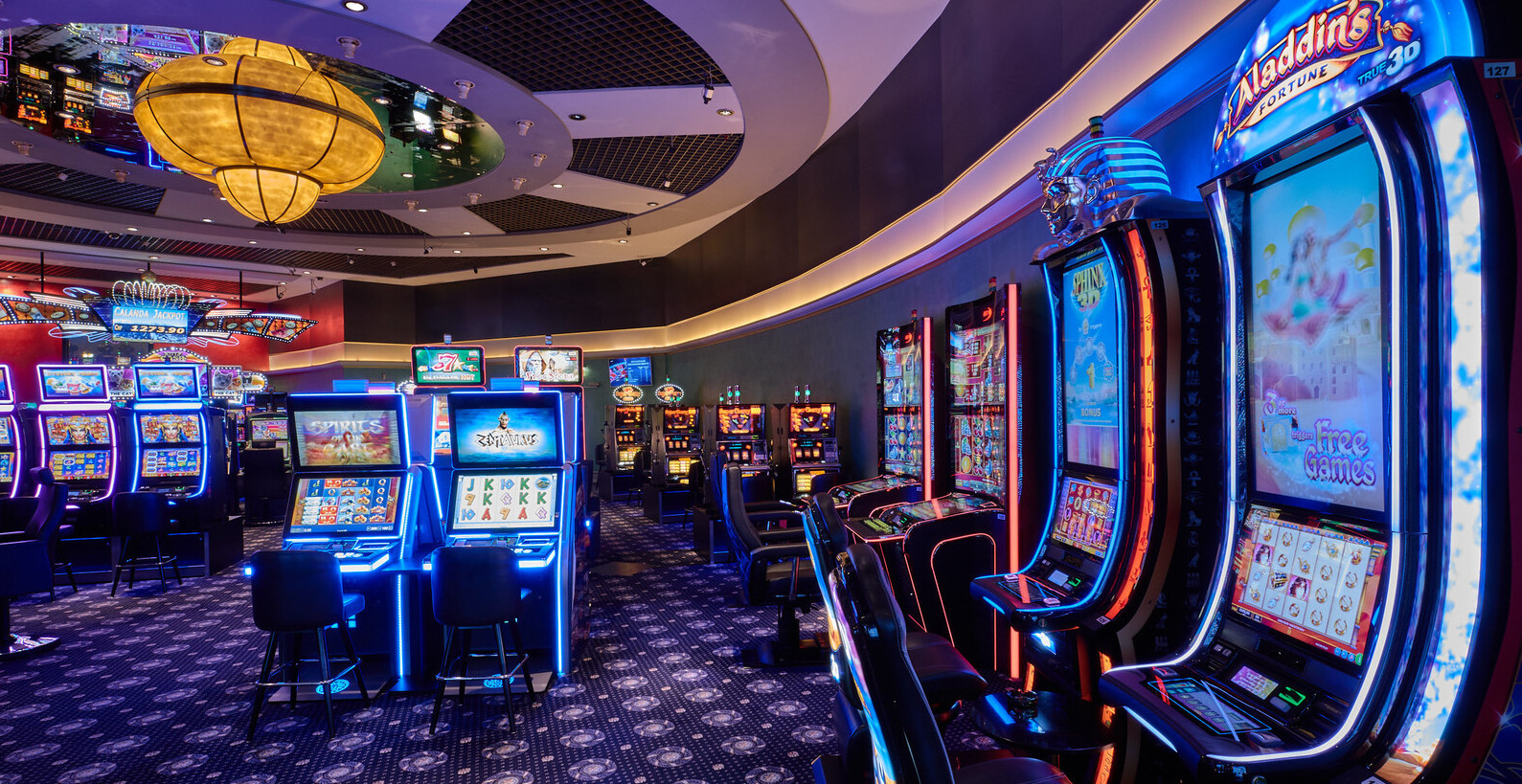Casino slots games have enthralled gamblers for decades, drawing them into a world of blinking lights, enticing sounds, and the thrill of luck. These machines, often found in colorful gaming venues, combine elements of chance and tactics, making them an attractive option for newcomers and seasoned gamblers too. But what is it that makes these machines so appealing? The answer lies in the complex psychology at play as individuals engage with these vivid reels.
Regardless of whether it’s the rush of excitement while waiting for the outcome of a spin or the euphoric feeling of a big win, the emotional response provoked by casino slots is significant. The design of these machines is meticulously crafted to activate the brain’s reward system, creating an event that can be both exciting and compulsive. Grasping the mental factors behind engaging with casino slots games can provide understanding into the reasons so many individuals are drawn to them and how they influence behavior and choices in the gambling environment.
Comprehending the Allure of Slot Machines
Slot machines have a distinct ability to engage players with their colorful images and tempting sounds. The bright lights and engaging themes create an appealing atmosphere that draws people in. Each rotation of the reels promises the potential of a significant win, fueling a sense of eagerness and hope that keeps players coming back for more. This sensuous experience plays a key role in the appeal to casino slots games, as it stimulates not only the mind but also the senses.
A significant factor adding to the allure of slot machines is the idea of instant gratification. xo88 Unlike other casino games that require skill or strategy, slots offer instant results with each spin. The rapid pace of the game allows for prompt engagement, allowing players to experience the rush of winning or the disappointment of losing in a matter of seconds. This immediate feedback loop can lead to a highly compulsive experience, as players seek the next potential payout while being fascinated by the game’s perpetual opportunity for excitement.
Additionally, the mentality of jackpot potential cannot be overlooked. The allure of hitting a fortune-altering payout keeps players revisiting, often outbalancing the odds against winning. Many players find themselves fantasizing about the potential of striking it rich, fueled by stories of players who have won big. This sense of optimism, together with the rush of the game, creates an compelling lure that shapes the world of casino slots and makes them a beloved among gamblers.
The Role of Reinforcement in Gambling
Reinforcement plays a critical role in the psychology of engaging with casino slots games. When players interact with these machines, they encounter various forms of reinforcement that can shape their behavior. Positive rewards is particularly effective; obtaining a win, or even the possibility of winning, can create a rush that keeps players revisiting for more. The instant response from the reels turning, coupled with sounds and visual stimuli, further enhances this pleasurable experience, reinforcing the urge to continue playing.
The randomness of success in casino slots games also ties into the concept of variable reinforcement. This psychological phenomenon happens when payouts are given out at irregular intervals, making the expectation of a potential win more exciting. Players may go for long periods without significant wins but are drawn back by memories of past jackpots or the possibility of future ones. This uncertainty heightens excitement and keeps players anticipating for that next big payout, embedding them deeper into the betting cycle.
Ultimately, the social aspect of playing casino slots games can amplify reinforcement. Many players enjoy the communal atmosphere of a casino, where they might observe others winning, celebrate wins, or even sympathize over losses. This communal support can create a collective experience that encourages ongoing engagement. Players might feel motivated to continue not only for personal gain but also to experience the fellowship that comes with playing, reinforcing their connection to the game.

The Influence of Casino Game Design on Gamer Actions
The design of casino slots games plays a vital role in guiding how players act and enhancing the overall gameplay experience. Elements such as visuals, audio, and storylines are intentionally crafted to engage players and keep them engaged. Vivid hues and appealing animations create a visually stimulating environment that can lead to prolonged play sessions. Additionally, concepts ranging from historical eras to popular culture appeal to various interests, making the games attractive to a broad audience. This focused design promotes players to invest more hours and finances into the gameplay.
Additionally important aspect of game design is the implementation of rewards systems and elements like bonus rounds or complimentary turns. These elements are crafted to produce a feeling of thrill and anticipation, which can induce the production of pleasure hormones in the brain. This chemical reaction reinforces the behavior of playing by associating the game with pleasurable feelings. By offering enticing rewards, casinos encourage players to keep playing, which often leads to increased betting and longer gameplay. The mental thrill of possibly hitting a big win or unlocking a special feature keeps players returning for more.
Lastly, the community aspects integrated into casino slots can also influence player behavior. Many modern slots feature capabilities that allow players to connect with others through rankings or collective goals. This social aspect can enhance the overall experience, as players may feel a sense of belonging or rivalry that encourages them to participate more deeply. The mix of personal thrill and social interaction creates a lively environment that not only amuses but also encourages habitual play, showing how deliberate game design can greatly impact gamer actions.
